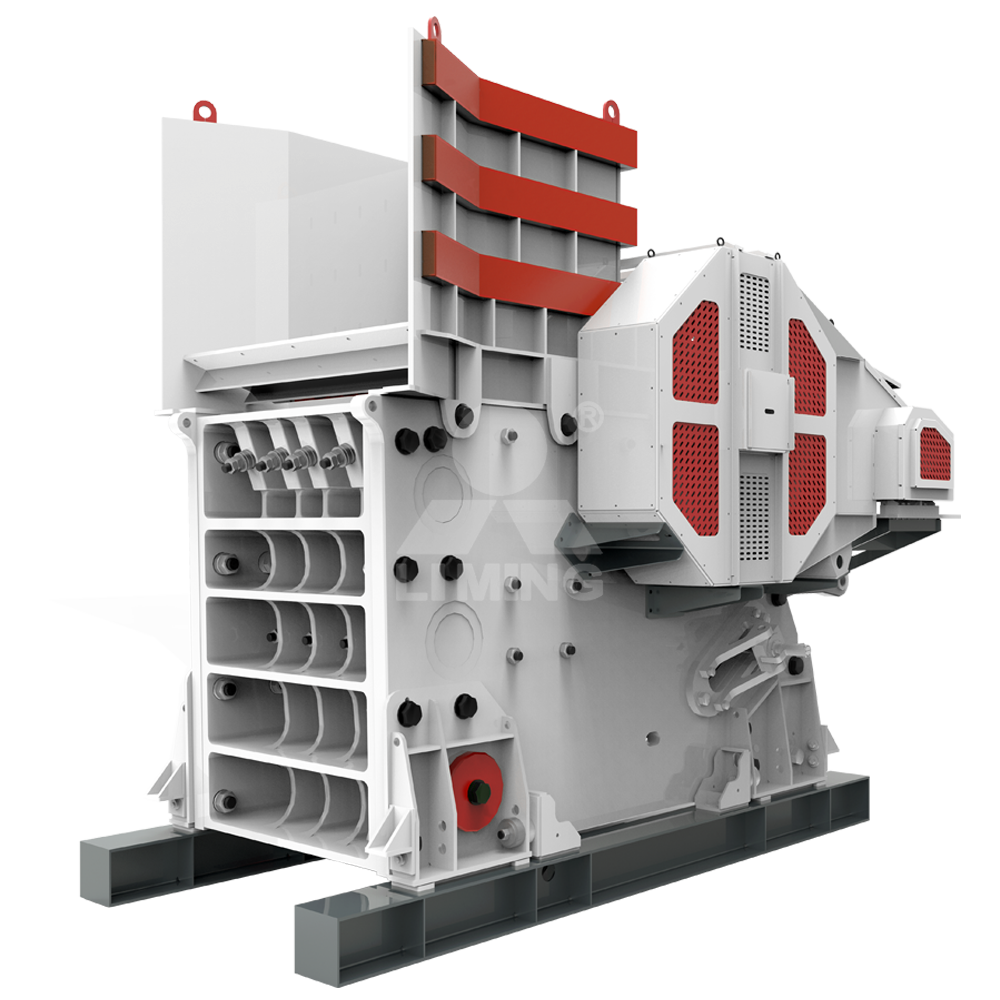# What Is Dusting Mining?
## Introduction
Dusting mining is a relatively new concept in the cryptocurrency space, primarily associated with privacy-focused blockchains like Monero (XMR) and other similar networks. Unlike traditional mining, dusting mining involves processing very small transactions (“dust”) to enhance network security and privacy. 
## Understanding Dust Transactions
In blockchain terminology, “dust” refers to tiny amounts of cryptocurrency—often too small to be spent economically due to transaction fees. These minuscule amounts can accumulate in wallets over time.
In privacy coins like Monero, dust transactions can be used to obfuscate transaction trails, making it harder for outside observers to track fund movements. Dusting mining leverages these small transactions as part of the mining process.
## How Dusting Mining Works
1. Processing Microtransactions – Miners collect and validate dust transactions, ensuring they are included in blocks despite their negligible value.
2. Enhancing Privacy – By mixing dust with regular transactions, miners help obscure the origin and destination of funds, strengthening network anonymity.
3. Network Security Contribution – Even small transactions contribute to blockchain decentralization by increasing the number of validations and improving resistance to attacks like Sybil or 51% attacks.
## Benefits of Dusting Mining
– Improved Privacy – Helps maintain anonymity by blending small transactions with larger ones.
– Network Efficiency – Prevents blockchain bloat by ensuring dust is processed efficiently rather than left unspent.
– Incentivized Participation – Some networks reward miners for processing dust, providing an additional revenue stream beyond standard block rewards.
## Potential Risks & Challenges .jpg)
– Increased Blockchain Size – Processing many small transactions may lead to storage inefficiencies over time.
– Regulatory Scrutiny – Privacy-focused mining techniques could attract attention from regulators concerned about illicit activities.
– Economic Viability – If transaction fees exceed the value of dust, miners may avoid processing such transactions unless incentivized properly.
## Conclusion
Dusting mining plays a unique role in privacy-centric cryptocurrencies by ensuring that even the smallest transactions contribute to network security and anonymity. While it presents challenges like blockchain scalability and regulatory concerns, it remains an innovative approach to maintaining decentralized and private financial systems.
As blockchain technology evolves, dusting mining may become more refined or integrated into broader mining strategies for enhanced efficiency and security.




